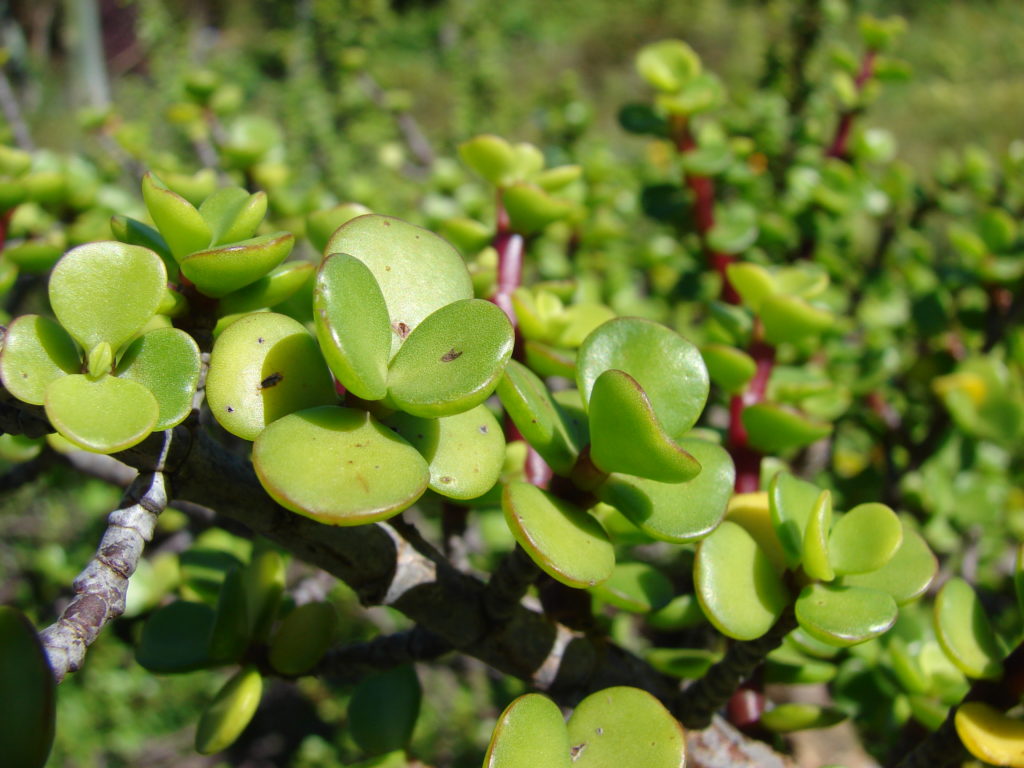Climate change adds to the long list of negative events in our world we feel unable to fight. But here in Makhanda, we are ideally placed to do something more: we can plant spekboom – a powerful antidote to climate change.
One hectare of spekboom can absorb more than four tons of carbon dioxide a year, making it more effective than the Amazon rainforest at removing carbon dioxide from the atmosphere, according to widely shared statistics.
Here on our doorstep, the Great Fish River Reserve is the site of an important environmental project to restore degraded land by planting the miraculous spekboom. The reserve, about 35km from Makhanda (Grahamstown) on the Fort Beaufort road, is the site of a major land restoration and carbon sink project.
Back in 2011, the Department of Environment, Forestry and Fisheries (as it’s now named) selected portulacaria afra to be the main player in the restoration of degraded land through its Subtropical Thicket Restoration Project.
Spekboom, which thrives in the Eastern Cape, is often referred to as the miracle plant for its ability to survive in extremely dry conditions. It can regenerate vegetatively in a thicket and as well as through cuttings. If a root hits the ground, other roots develop and sprout.
According to Dr Ayanda Sigwelwa, a restoration ecologist, the plant can store an enormous amount of carbon. As a succulent, it also holds water.
During a trip Grocott’s Mail took with him to the reserve, we learned also that the spekboom has a unique ability to switch its photosynthetic mechanism from that of a rainy plant to that of a desert plant, making it highly effective for whatever the environment in the area that needs restoration.
The spekboom’s umbrella shape creates shade, which keeps the soil beneath it moist. This soil can be used to grow other plants, thus making it a nurse plant. It can grow up to 5m high.
It’s a survivor, resisting frost, heat and drought. Even in arid Makhanda, a sprig can be dried for a day or two and pushed into the soil. Kept from drying out for a month or two, it can grow into a sturdy, undemanding garden shrub which may even reward you with pink blooms while it removes harmful carbon from the atmosphere.
Buy some spekboom to plant in your garden or on your windowsill at the Friends of the Library mini-fete, 9am-11am this Saturday 28 September at Trinity Hall – you’ll be supporting our libraries and the planet too!


